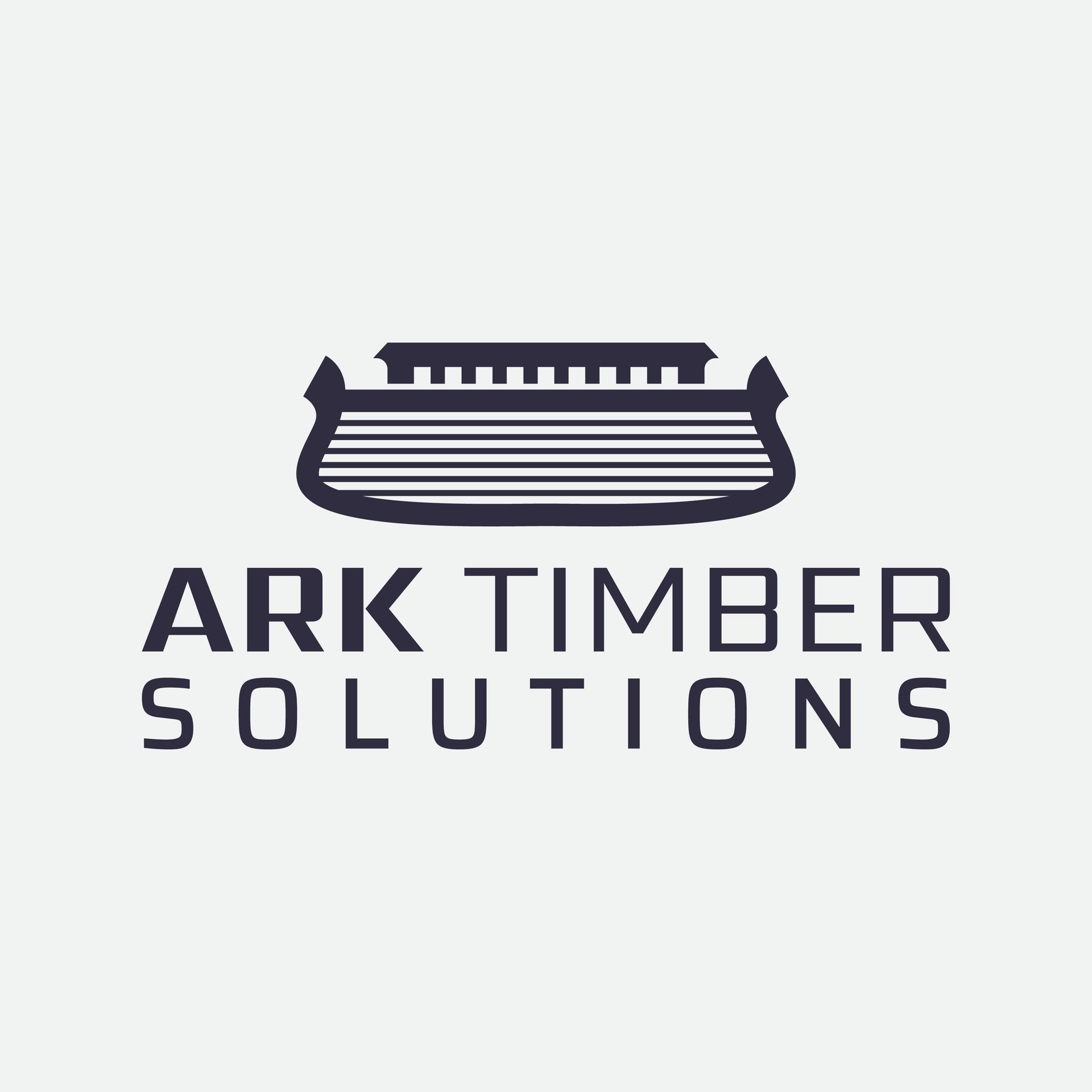Debunking Myths About Timber Frame Homes in the UK
Understanding Timber Frame Homes
Timber frame homes have been gaining popularity in the UK, yet they are often surrounded by myths and misconceptions. These beautiful structures are known for their sustainability and aesthetic appeal, but some common myths persist. Let's explore and debunk some of these myths to provide a clearer understanding of what timber frame homes truly offer.

Myth 1: Timber Frame Homes Are Not Durable
One prevalent myth is that timber frame homes lack durability compared to their brick-and-mortar counterparts. However, this couldn't be further from the truth. Timber frame homes are designed to last for many decades, utilizing high-quality materials and construction techniques. Well-maintained timber structures can even last for centuries, as evidenced by numerous historical buildings across Europe.
Modern timber frames are often treated with preservatives that enhance their resistance to pests, moisture, and decay. Additionally, advances in engineering and technology have made these homes more robust and resilient to various weather conditions.
Myth 2: Timber Frame Homes Are Not Energy Efficient
Another common misconception is that timber frame homes are not energy efficient. In reality, timber is an excellent insulator, often outperforming traditional building materials in terms of energy efficiency. Timber frame construction allows for high levels of insulation within the walls, reducing heat loss and lowering energy bills.
Furthermore, the design flexibility of timber frames enables architects to incorporate energy-efficient features more easily, such as advanced glazing systems and renewable energy technologies.

Myth 3: Timber Frame Homes Are a Fire Hazard
Concerns about fire safety are understandable, but it's important to note that timber frame homes are designed with fire safety in mind. The large timbers used in construction are slow to burn and char on the surface when exposed to fire, creating a protective layer that can maintain structural integrity for a significant amount of time.
Moreover, modern building regulations require stringent fire safety measures for all types of housing. This includes the use of fire-resistant materials and the integration of technologies such as sprinkler systems and smoke alarms.
Myth 4: Timber Frame Homes Are More Expensive
Many people believe that timber frame homes are more expensive to build than traditional homes. While the initial costs may vary depending on design complexity and materials used, timber frame construction can be cost-effective in the long run. The speed of construction often results in lower labor costs, and the energy efficiency of timber frames can lead to significant savings on utility bills over time.

Conclusion
Timber frame homes offer a range of benefits, from aesthetic appeal to environmental sustainability. By debunking these myths, we hope to provide a clearer picture of the true potential of timber frame construction in the UK. With their durability, energy efficiency, and cost-effectiveness, timber frame homes are an excellent choice for modern living.
